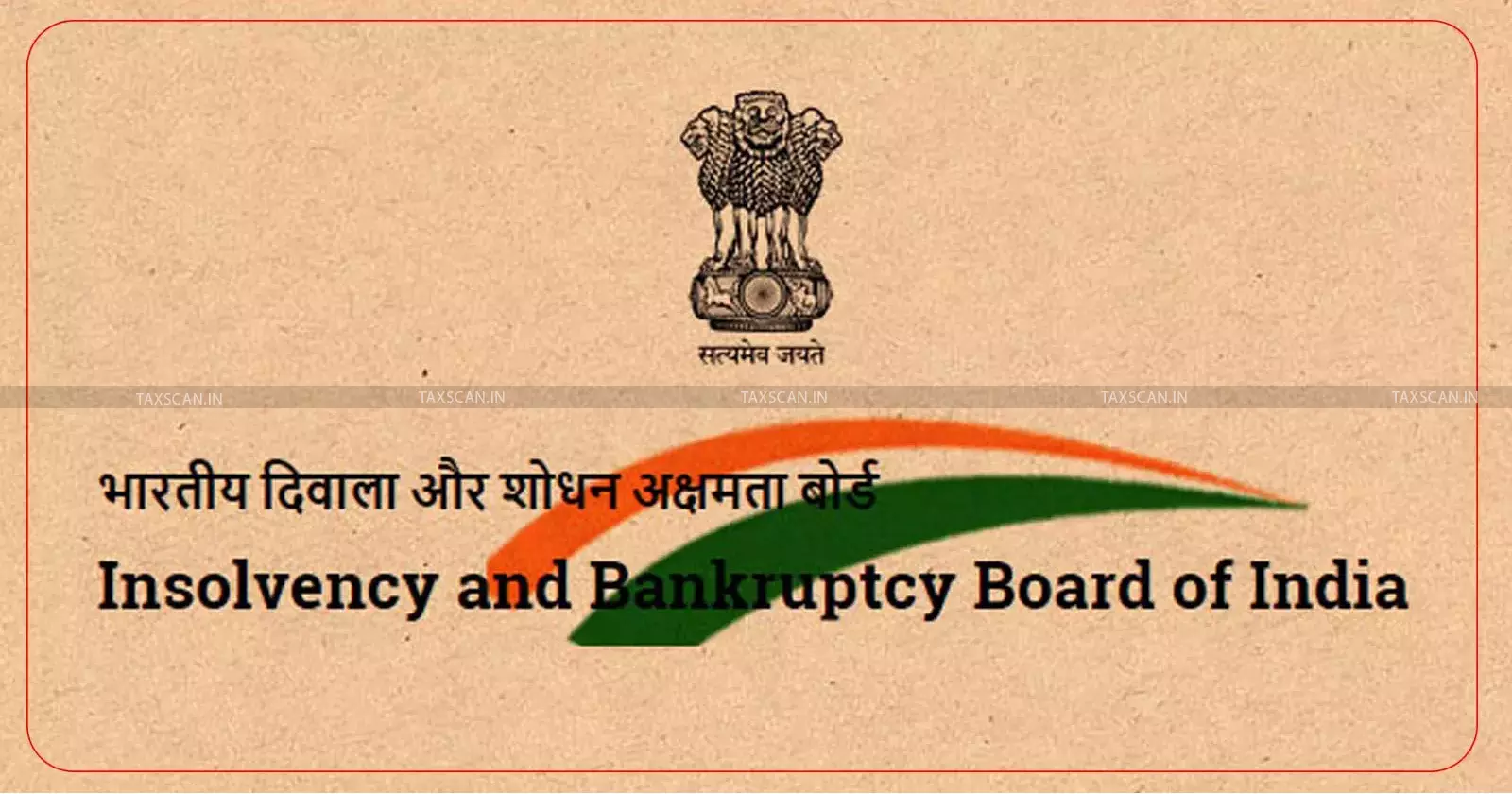RTI Act does not covers Redressal of Grievance, Non-compliance of rules, etc: IBBI [Read Order]
The clarifications/interpretation on linkage between the previous replies and the queries raised in the impugned RTI Application, as sought by the Appellant, is beyond the ambit of the RTI Act.
![RTI Act does not covers Redressal of Grievance, Non-compliance of rules, etc: IBBI [Read Order] RTI Act does not covers Redressal of Grievance, Non-compliance of rules, etc: IBBI [Read Order]](https://images.taxscan.in/h-upload/2025/09/13/2086290-ibbi-taxscan.webp)
The Insolvency and Bankruptcy Board of India(IBBI) held that redressal of grievance, non-compliance of rules, contesting the actions of respondent public authority and suggesting correction in government policies are outside the purview of the Right to Information Act (RTI Act).
Nelson James Macwan, the Appellant has filed the present Appeal dated 26th July 2025, challenging the communication of the Respondent, filed under the Right to Information Act (RTI Act).
 Also Read:IBBI Acknowledges One-Day Delay in RTI Response but Sees No Ground to Interfere with CPIO’s Reply [Read Order]
Also Read:IBBI Acknowledges One-Day Delay in RTI Response but Sees No Ground to Interfere with CPIO’s Reply [Read Order]
The Appellant had requested to provide copy of reply to emails mentioned. The CPIO submitted that no information has been provided, as the queries raised in the impugned RTI Application had already been disposed of vide emails dated 18th April 2023 and 5th July 2023. Aggrieved by the CPIO reply, the Appellant has filed the present appeal stating that the CPIO has failed to provide an item-wise response to 18 specific emails by relying on prior replies (5th July 2023 and 18th April 2023) without establishing documentary linkage between them.
The responses of the Respondent and the Appeals and find that the matter can be decided based on the material available on record. In terms of section 2(f) of the RTI Act ‘information’ means “any material in any form, including records, documents, memos e-mails, opinions, advices, press releases, circulars, orders, logbooks, contracts, reports, papers, samples, models, data material held in any electronic form and information relating to any private body which can be accessed by a public authority under any other law for the time being in force.”
The Appellant had sought response on the grant of recognition to the examination conducted as part of the Master's or Post-graduate degree course by the Sardar Patel University, as equivalent to the Valuation Examination, under Rule 5 of the Companies (Registered Valuers and Valuation) Rules, 2017. Since IBBI has not furnished any reply to the grievance and only referred to its earlier emails dated 18th April 2023 and 5th July 2023, the CPIO cannot be compelled to create fresh information to the Appellant.
On perusal of the copy of the impugned Appeal, the Appellant has stated the following, “The 18 emails referenced in my RTI are not mere repetitions; they contain detailed arguments, justifications, and procedural questions, constituting a sustained appeal against administrative inaction and indifference.” Since the queries raised in the Appeal are in the nature of grievance against refusal to recognize the Appellant’s examination as ‘Valuation Examination’, same is beyond the scope of the RTI Act as the RTI is not a grievance redressal forum.
Moreover, the clarifications/interpretation on linkage between the previous replies and the queries raised in the impugned RTI Application, as sought by the Appellant, is beyond the ambit of the RTI Act.
In The CIC in M Jameel Basha Vs. CPIO, Ministry of Personnel Public Grievances & Pension, Department of Personnel & Training, North Block, the bench has observed that “Commission concedes with the submission of the CPIO as no information has been sought as per Section 2(f) of the RTI Act. It may be noted that under RTI Act, CPIO is not supposed to create information or interpret/clarify/deduct information in respect of queries/clarifications. Similarly, redressal of grievance, non-compliance of rules, contesting the actions of respondent public authority and suggesting correction in government policies are outside the purview of the RTI Act.”
In view of the aforesaid observations, the authority dismissed the appeal.
Support our journalism by subscribing to Taxscan premium. Follow us on Telegram for quick updates


